The Evolution and Future of Sorting Plants in the UK
Sorting plants, particularly those focused on recycling and waste management, play a crucial role in the UK's efforts to achieve its environmental goals. These facilities are designed to efficiently sort through various materials, separating recyclables from non-recyclables, and ensuring that as much material as possible is reused or recycled rather than sent to landfill.
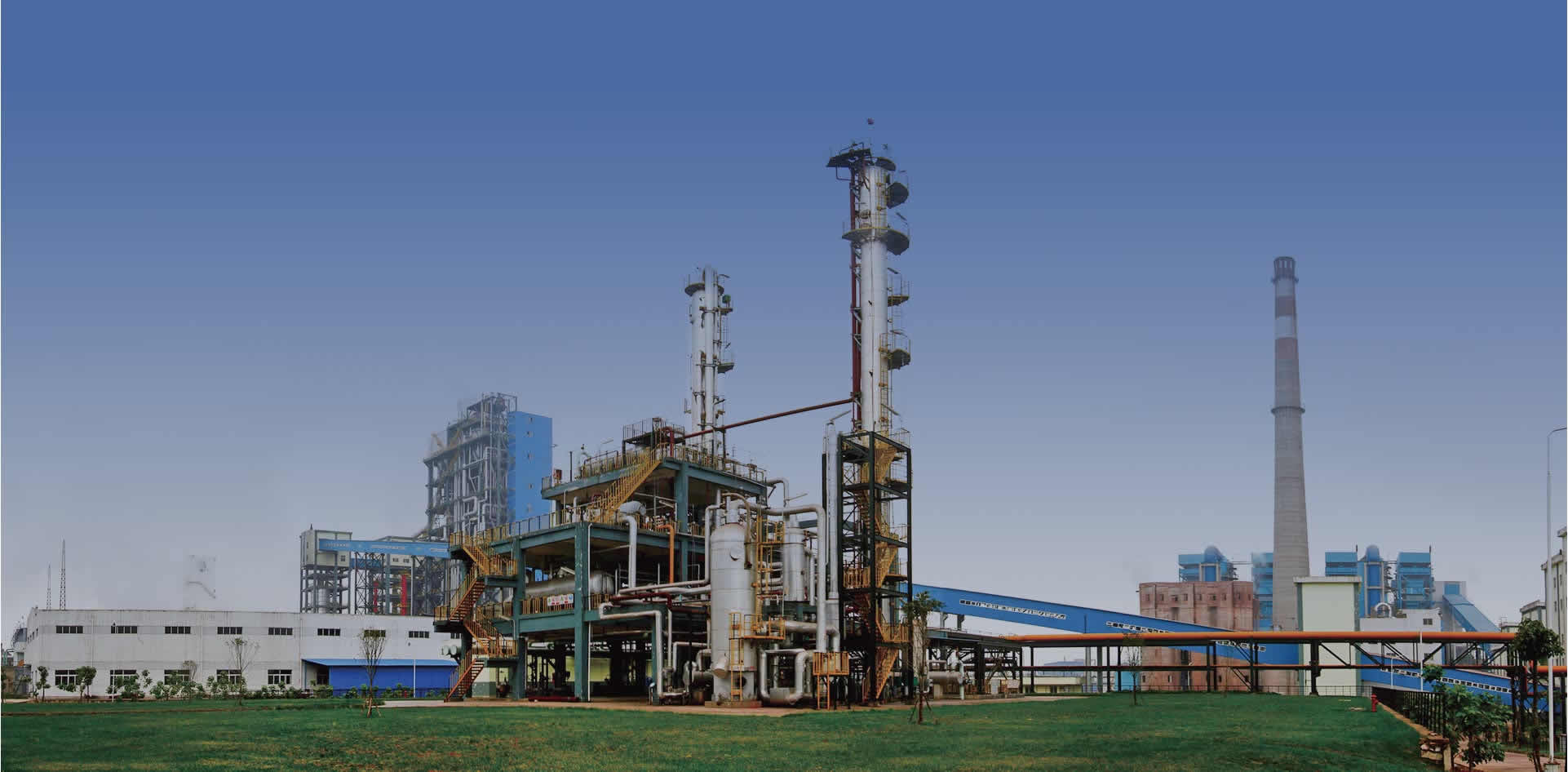
Current State
As of 2024, the UK has made significant strides in enhancing its recycling infrastructure, with an increasing number of advanced sorting plants being established across the country. According to the Environmental Services Association (ESA), the UK’s recycling rate for household waste was 45.7% in 2022, a slight increase from previous years but still below the EU average (ESA, 2023). This indicates a growing need for more efficient and technologically advanced sorting facilities.
One of the key challenges facing the industry is the variability in the quality of waste streams. Contamination remains a significant issue, with up to 20% of collected materials being unsuitable for recycling due to contamination (WRAP, 2023). To address this, many sorting plants are investing in new technologies such as optical sorters, near-infrared (NIR) sensors, and artificial intelligence (AI) systems to improve the accuracy and efficiency of the sorting process.
For example, the Materials Recovery Facility (MRF) in Leeds, operated by Veolia, has recently upgraded its equipment to include state-of-the-art AI-powered sorting machines. These machines can identify and separate different types of plastics, paper, and metals with higher precision, reducing contamination rates and improving the quality of the output materials (Veolia, 2024).
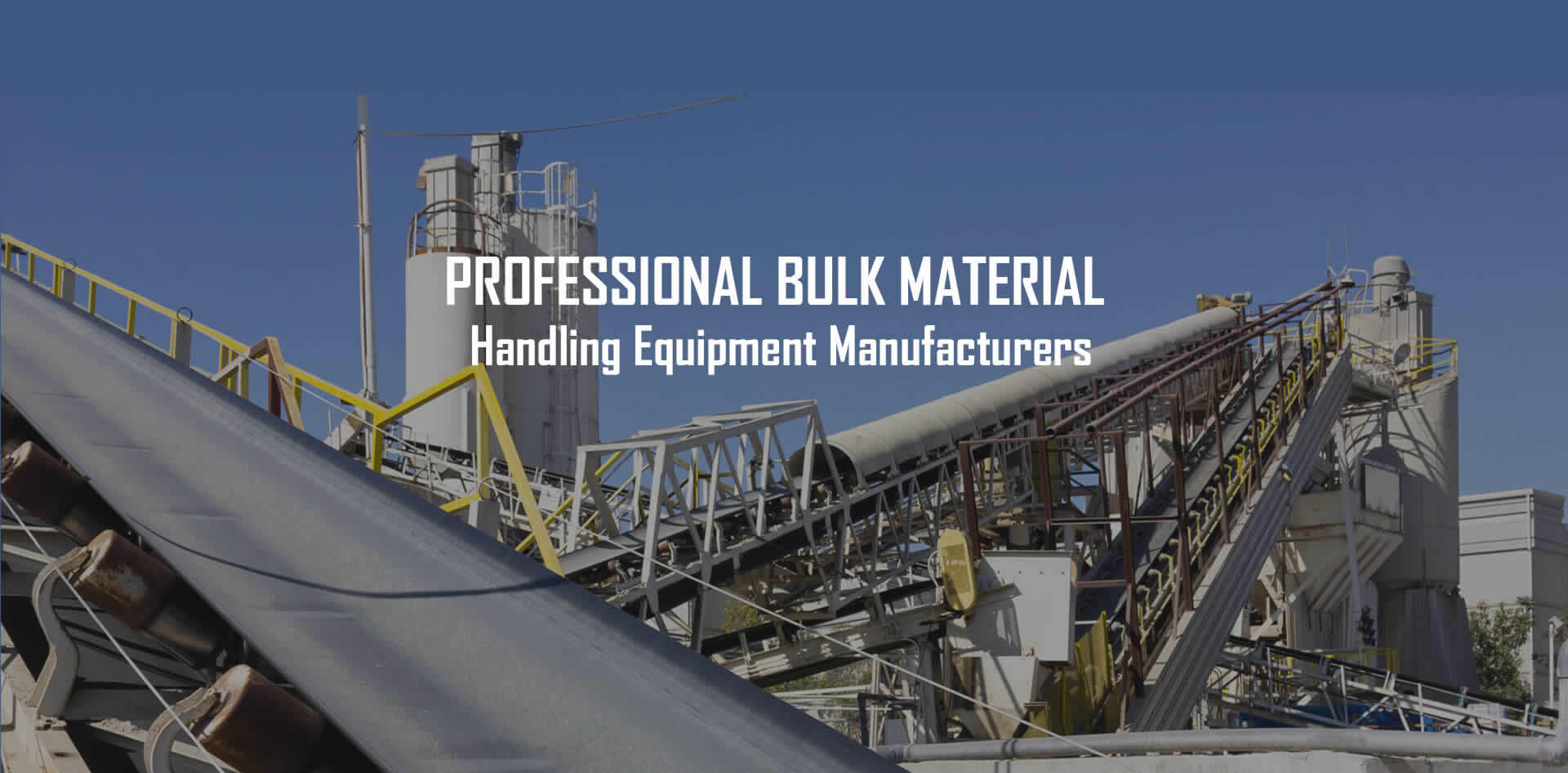
Future Prospects
The future of sorting plants in the UK looks promising, driven by both regulatory pressures and technological advancements. The UK government has set ambitious targets for recycling and waste reduction, including a target to recycle 65% of municipal waste by 2035 (DEFRA, 2023). To meet these targets, there will be a continued push for investment in new and existing sorting facilities.
Technological innovations are expected to play a pivotal role in achieving these goals. For instance, the development of robotic systems capable of handling and sorting waste more efficiently is gaining traction. Companies like AMP Robotics are already deploying robots equipped with AI and machine learning algorithms in sorting plants, which can sort materials at a rate of up to 80 items per minute, significantly faster than human workers (AMP Robotics, 2024).
Moreover, the circular economy model is gaining momentum in the UK, with businesses and policymakers recognizing the economic and environmental benefits of reusing and recycling materials. This shift is likely to create new opportunities for sorting plants, as they become integral to the supply chains of various industries, including manufacturing, construction, and packaging.
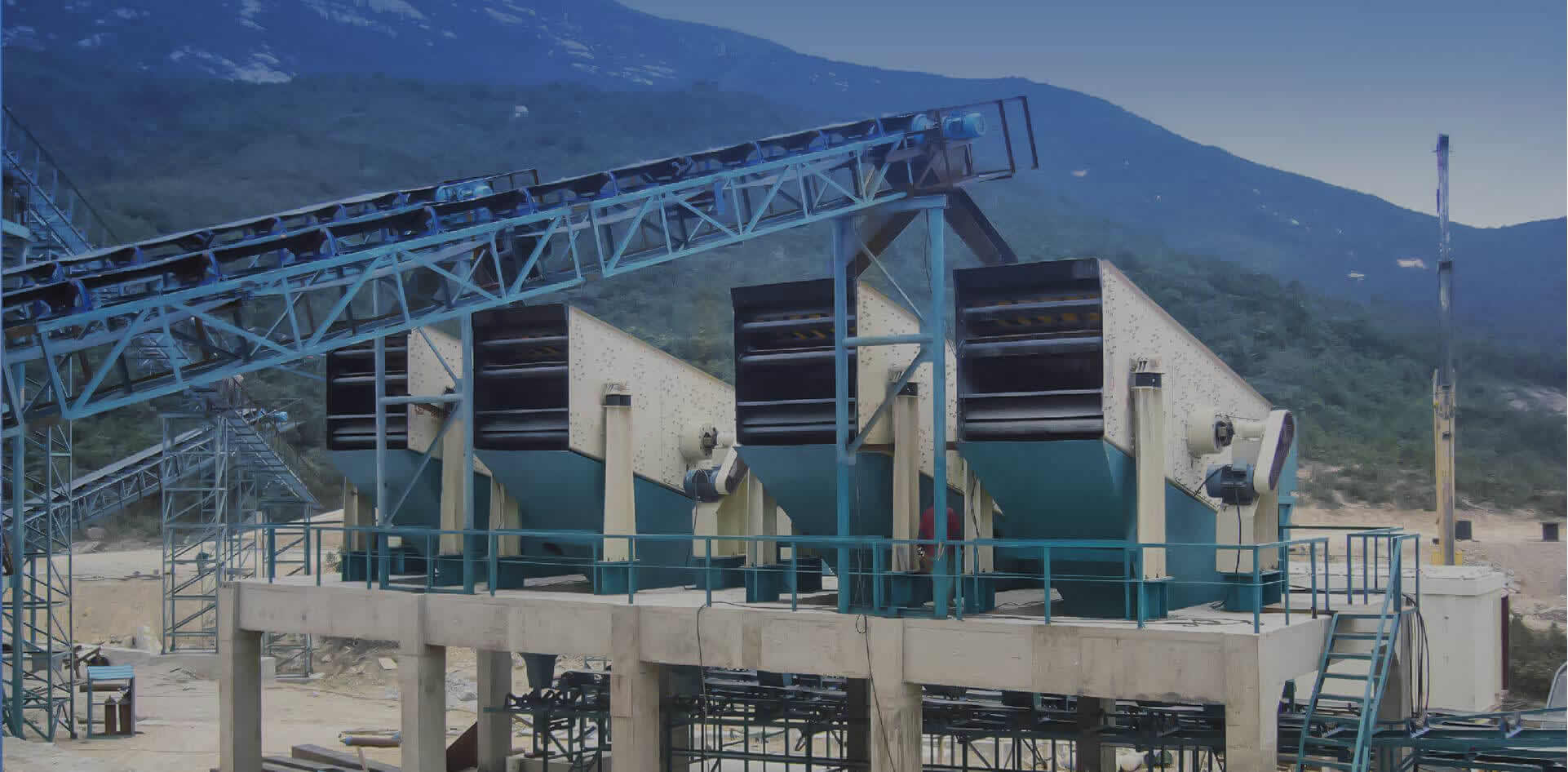
However, the sector also faces challenges, such as the need for consistent funding and support from both the public and private sectors. The initial costs of upgrading and expanding sorting facilities can be high, and ongoing maintenance and operational costs must be managed effectively. Public education and awareness campaigns will also be crucial in reducing contamination rates and encouraging more responsible waste disposal practices.
In conclusion, while the UK's sorting plant industry is currently facing challenges related to contamination and technological integration, the future prospects are bright. With continued investment in advanced technologies and a strong commitment to environmental goals, the UK is well-positioned to achieve its recycling targets and transition towards a more sustainable and circular economy.
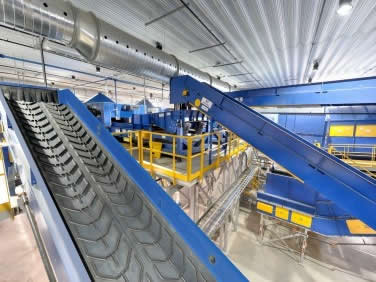
References:
- Environmental Services Association (ESA). (2023). UK Recycling Rates. Retrieved from [ESA Website]
- Waste & Resources Action Programme (WRAP). (2023). Contamination in Recycling. Retrieved from [WRAP Website]
- Veolia. (2024). Advanced Recycling Technologies at Leeds MRF. Retrieved from [Veolia Website]
- Department for Environment, Food & Rural Affairs (DEFRA). (2023). UK Resource and Waste Strategy. Retrieved from [DEFRA Website]
- AMP Robotics. (2024). Robotic Recycling Systems. Retrieved from [AMP Robotics Website]
-
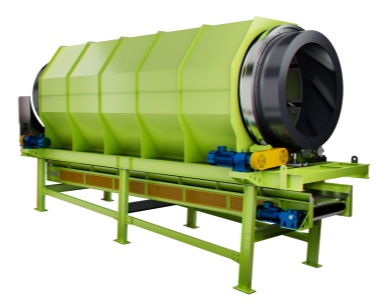 Trommel screenTrommel screen, also known as drum screens, are widely used in various industries for sorting and separating materials.Get Quote
Trommel screenTrommel screen, also known as drum screens, are widely used in various industries for sorting and separating materials.Get Quote -
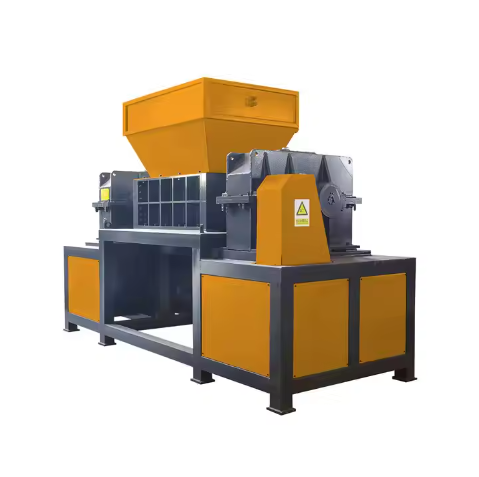 Crop straw double shaft shreddApplications:Biomass Energy Production: Shredded straw can be used as a feedstock for bioenergy plants to produce electricity or heat.Livestock Feed: Reduced-si...Get Quote
Crop straw double shaft shreddApplications:Biomass Energy Production: Shredded straw can be used as a feedstock for bioenergy plants to produce electricity or heat.Livestock Feed: Reduced-si...Get Quote -
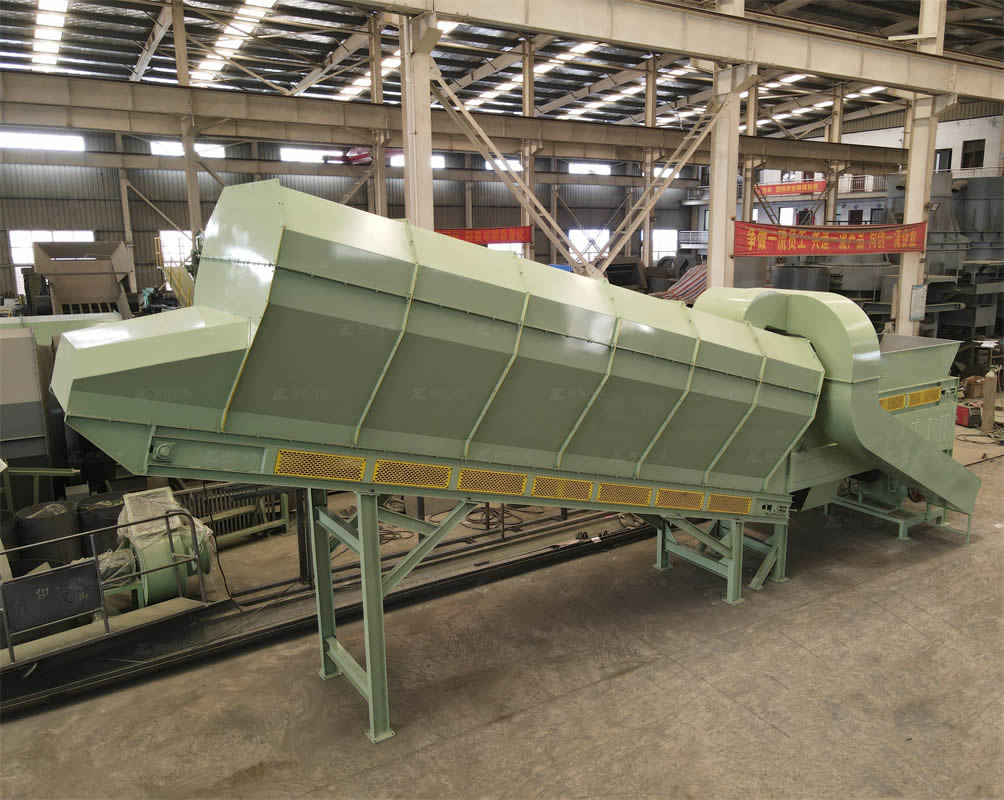 Zhongcheng Air Drum SeparatorAir drum separators effectively separate lightweight materials (e.g., plastics, paper) from heavier materials (e.g., metals, glass). This high efficiency is cru...Get Quote
Zhongcheng Air Drum SeparatorAir drum separators effectively separate lightweight materials (e.g., plastics, paper) from heavier materials (e.g., metals, glass). This high efficiency is cru...Get Quote
-
2024-08-07Tire double shaft shredderOperation:Feeding: Whole or pre-cut tires are fed into the shredder through an inlet hopper.Shredding: As the tires enter the shredding chamber, the rotating cu...
-
2023-01-12Conveyor BeltGarbage conveyor/Trash conveyor belt system is a processing line to classify paper, plastic, metal, glass, and organic matter and realize the recycling of rubb...
-
2024-08-12The Advantages of Horizontal Baling TechnologyA horizontal baler, also known as a horizontal baling machine, is a piece of equipment used for compressing materials and wrapping them into bales. This process...
-
2024-06-05Can the Angle of the Ballistic Separator Be Adjusted?Ballistic separator is a type of mechanical sorting device used primarily in the recycling industry to separate materials based on their physical properties. It...
-
2023-01-12Vibrating ScreenVibrating screen is a mechanical device used to separate materials into different sizes and grades by vibrating them through a mesh or screen. This equipment is...



